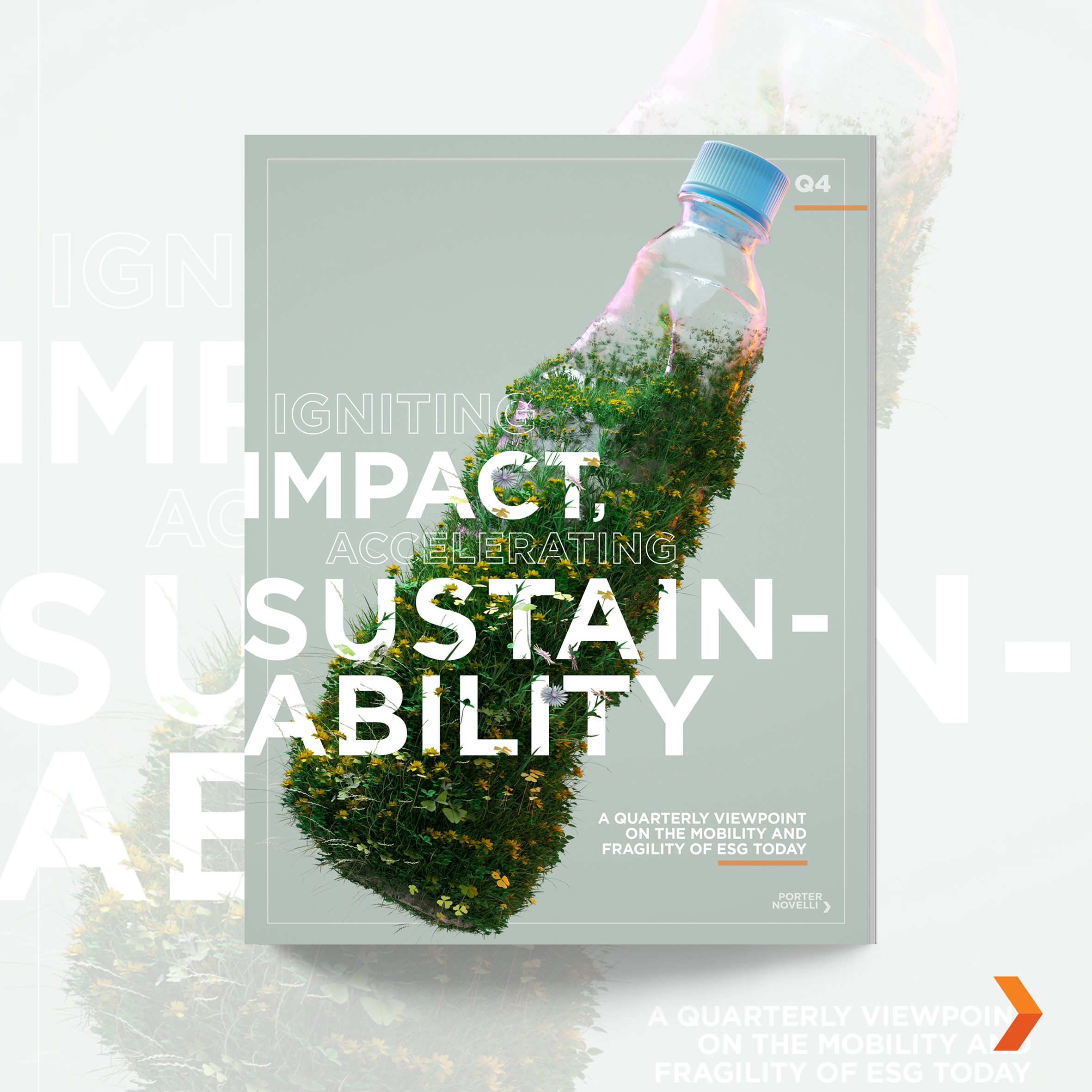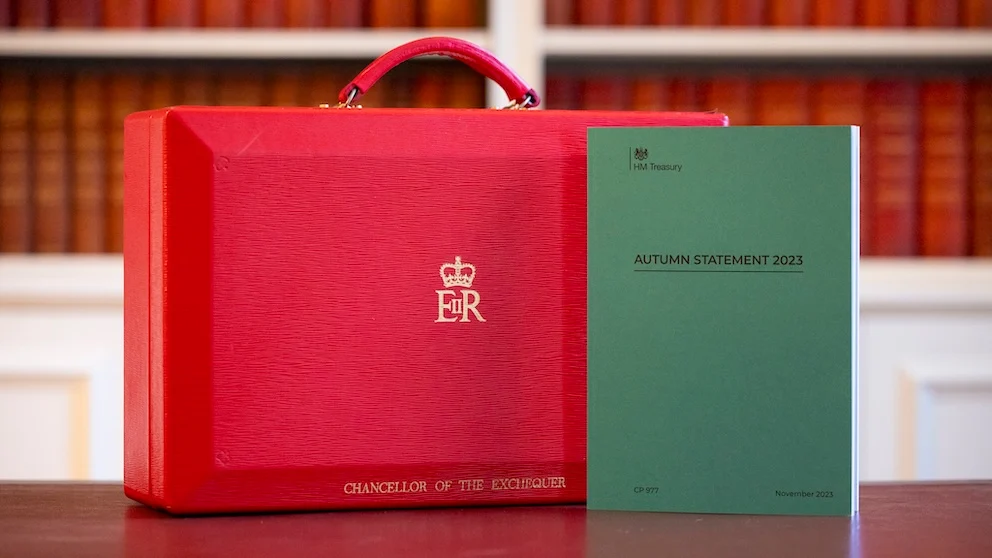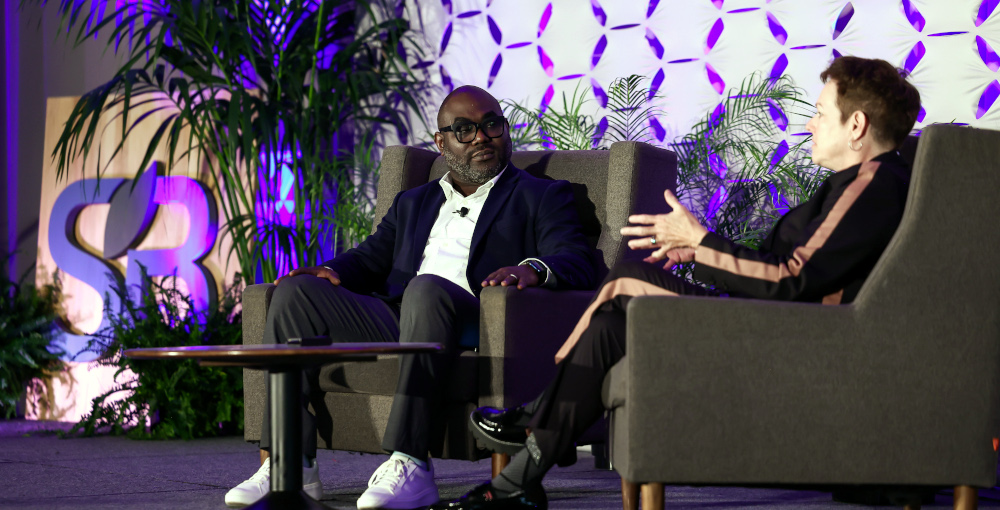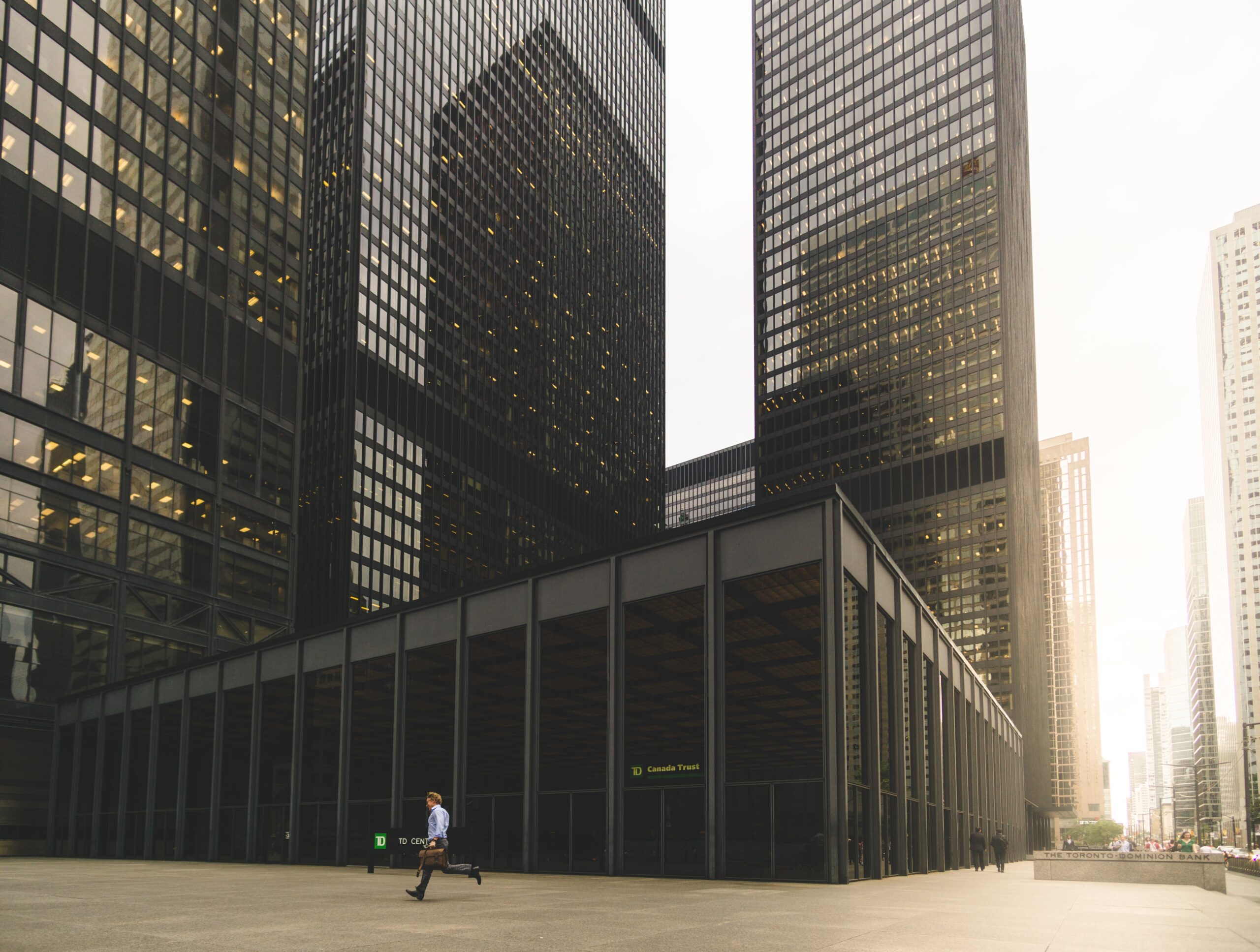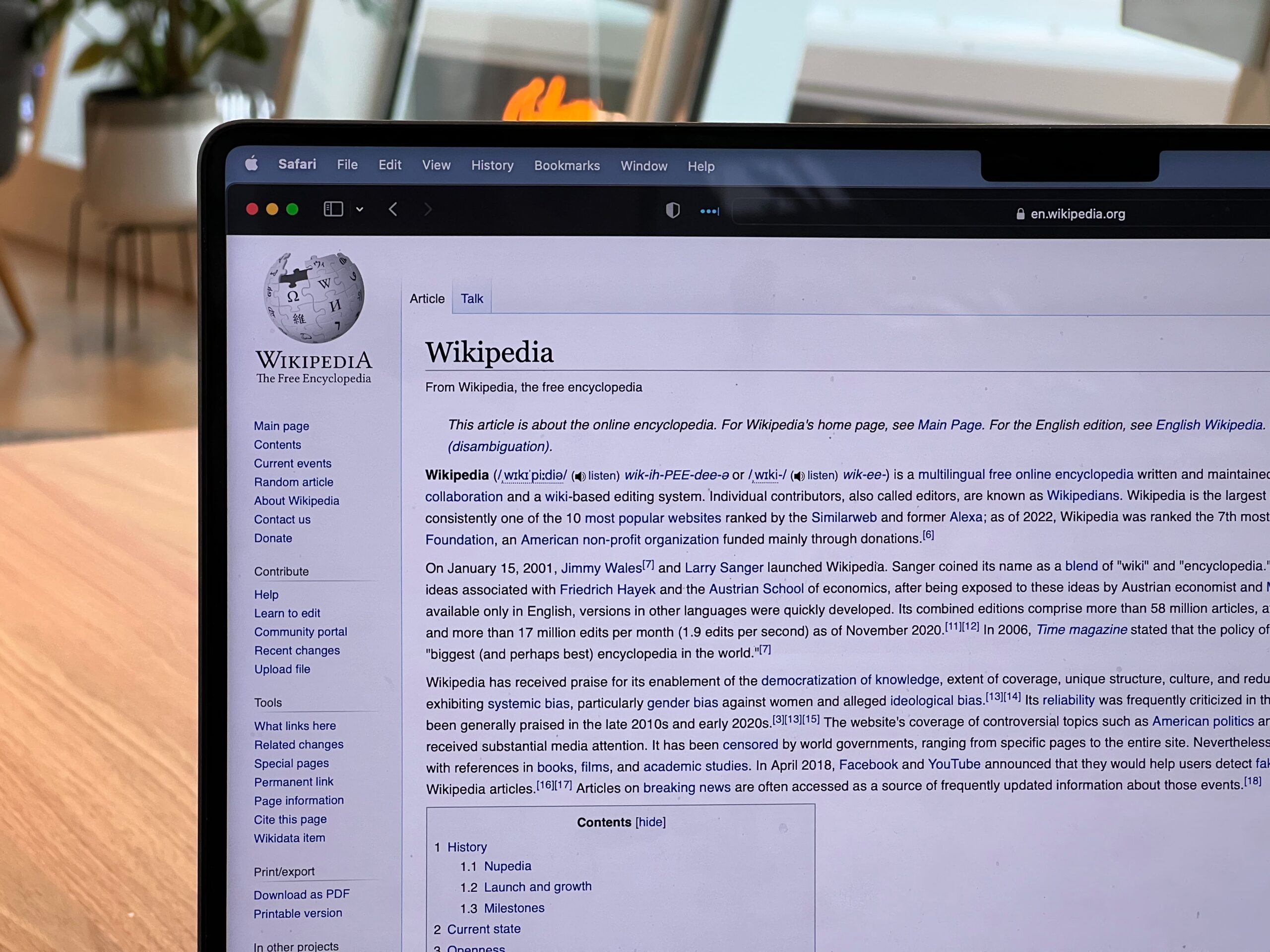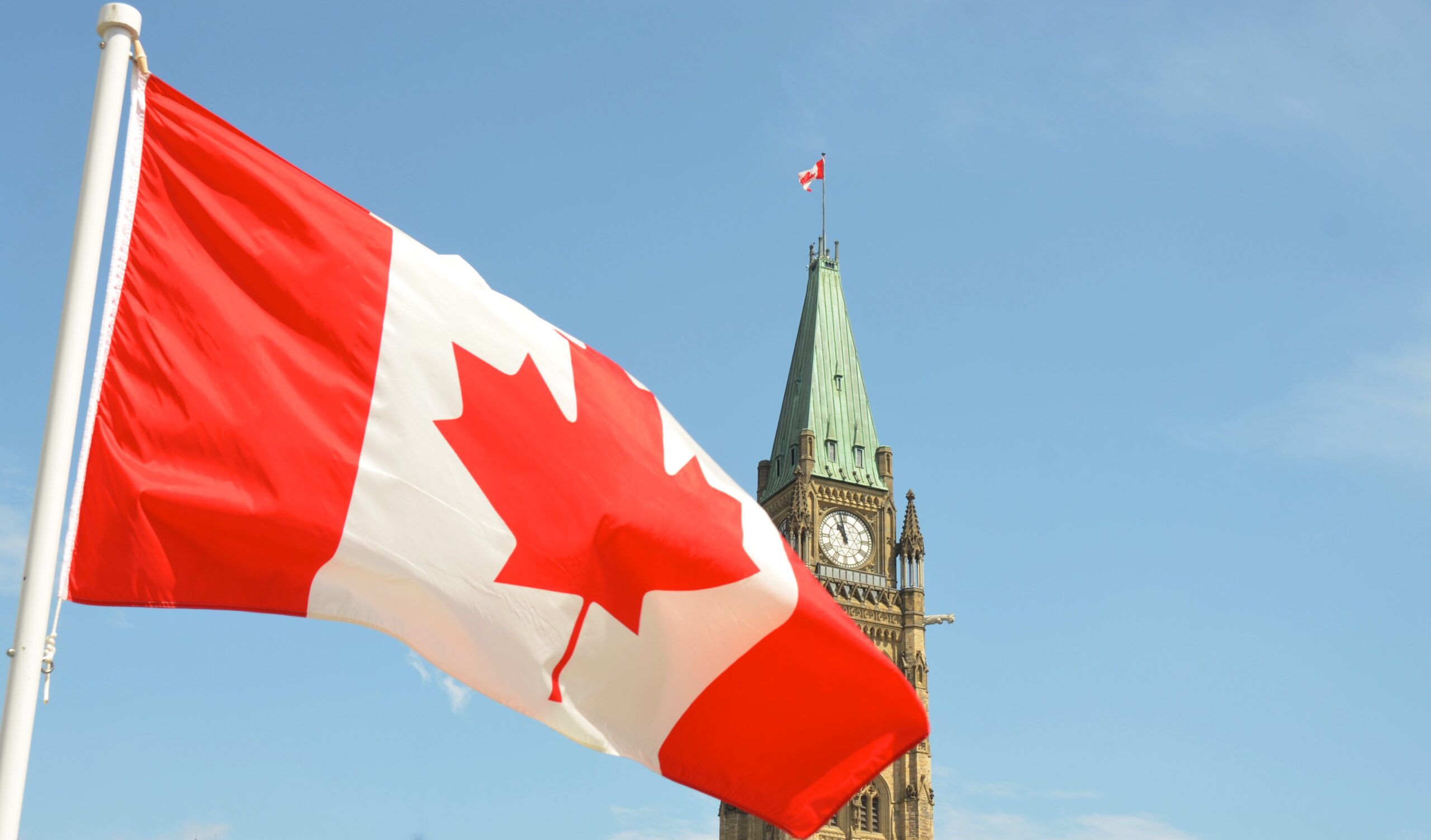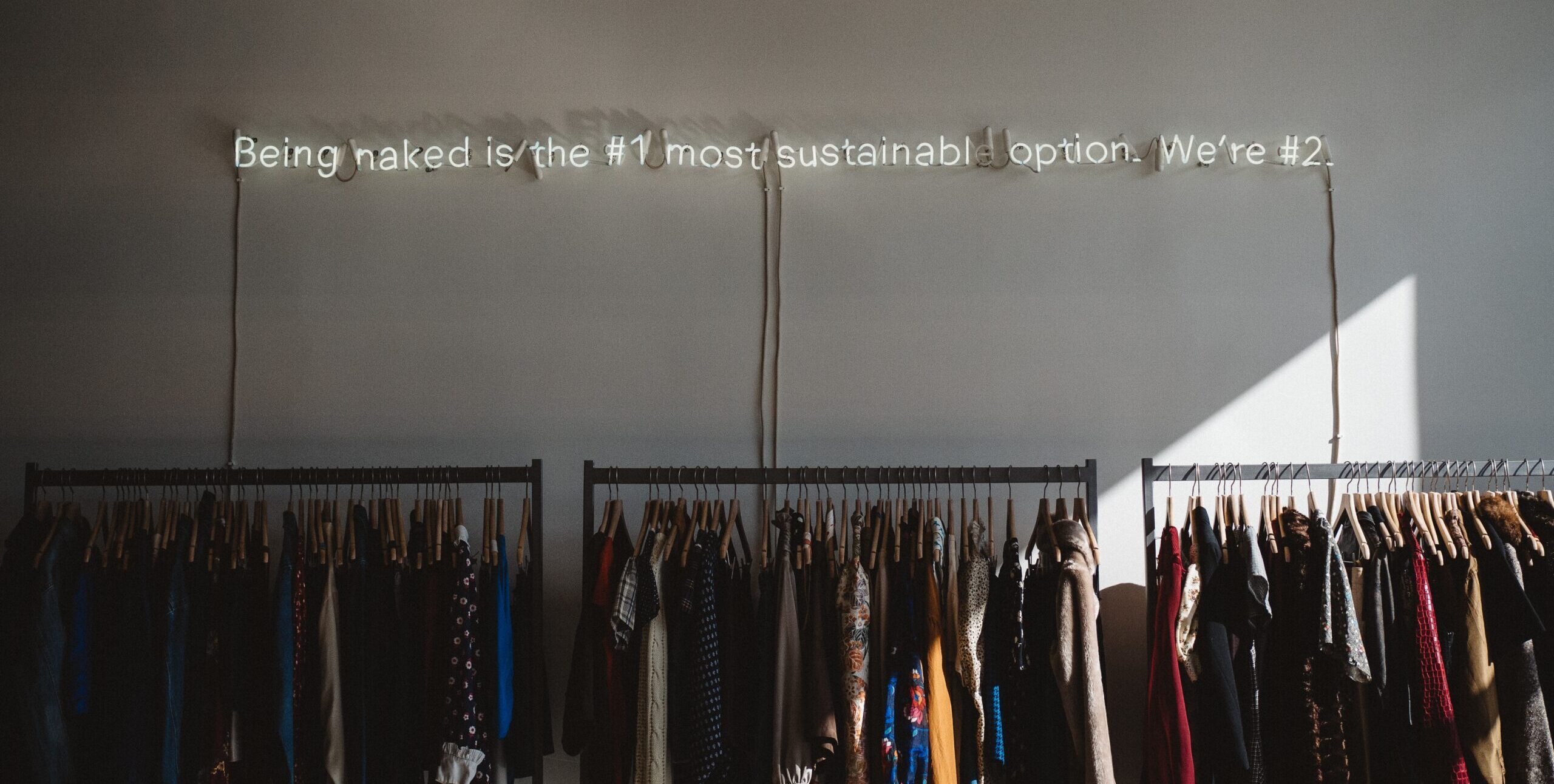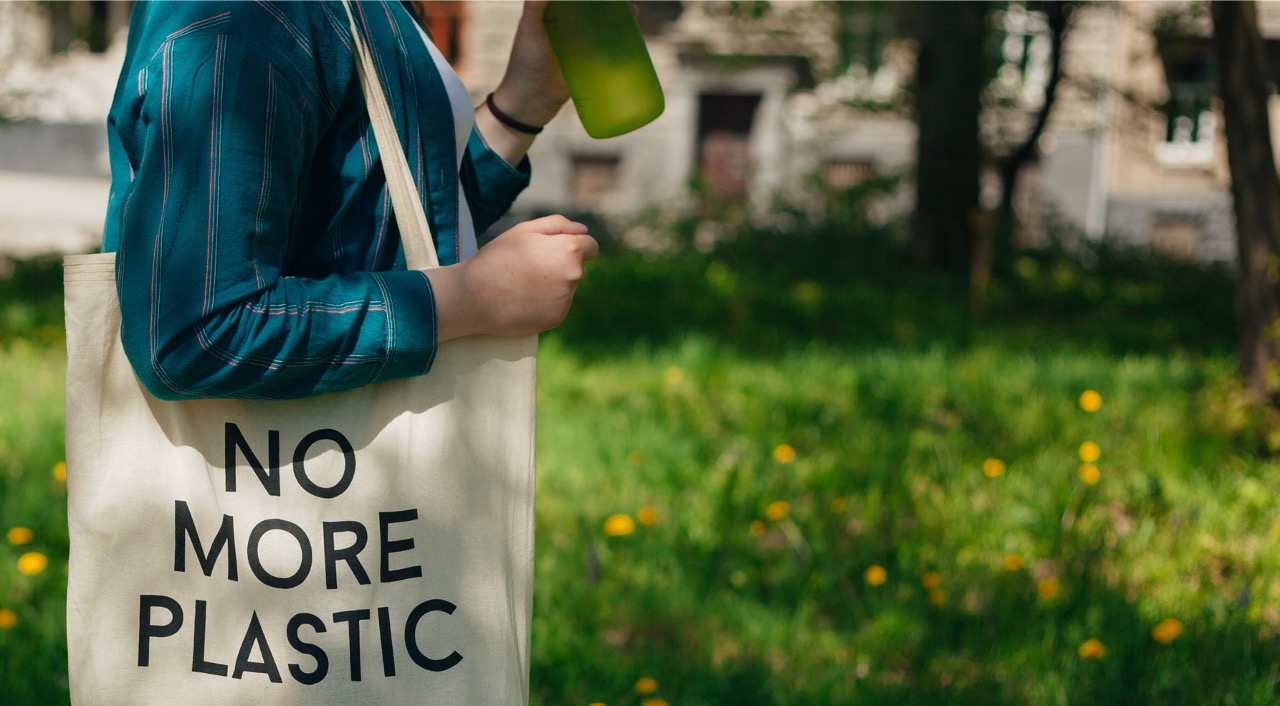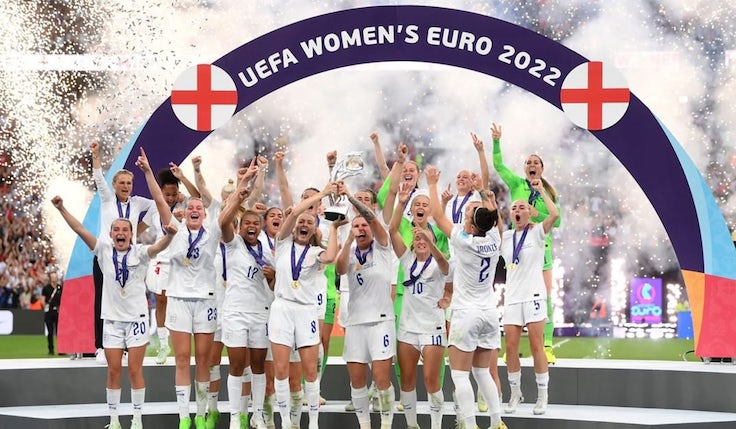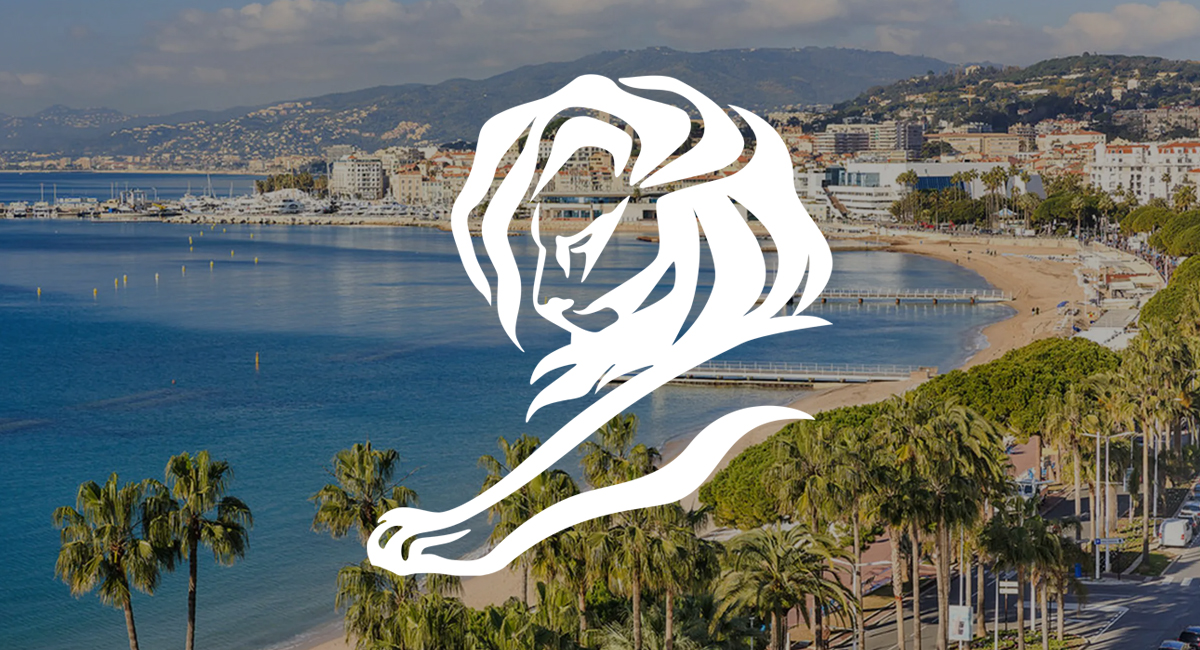Cannes Decoded 2024
7.24.24
The 2024 Cannes Lions Festival of Creativity was a roaring success for the PR industry. To unpack the winning ideas, plus reflect on […]
Safeguarding reputation in an era of disinformation
7.8.24
As communicators we all recognise the value of reputation. However, in an increasingly fragmented media landscape – with geo-political and […]
‘Igniting Impact, Accelerating Sustainability’ Q4 Edition
12.20.23
The latest edition of ‘Igniting Impact, Accelerating Sustainability’ – our quarterly viewpoint on the mobility and fragility of sustainability is […]
Happy Holidays
12.19.23
Wishing you peace and possibility From the team at Porter Novelli Click on the bauble below to view our festive […]
Outlook 2024
12.18.23
Porter Novelli experts spotlight communications trends and actions in our Outlook 2024 report to help companies do business better this […]
Analysing the Autumn Statement: Looking beyond the inheritance tax cut
11.24.23
Chancellor Jeremy Hunt delivered his second Autumn Statement in a predictably buoyant mood. Last week’s timely fall in the rate […]
Examining Land Acknowledgements and Critical Self-Location
11.21.23
Before we begin this blog post, we would like to recognize that we are working to understand our part in […]
Brand equity: Balancing risks and returns in our stakeholder era
11.14.23
To officially celebrate our new Omnicom Toronto Hub offices, we hosted an industry panel discussion to explore how leading marketers […]
Sustainable Brands Conference 2023: Decoded
11.13.23
Last month, Porter Novelli attended the Sustainable Brands flagship conference in San Diego, joining more than 1,200 professionals across 17+ industries. […]
Helping Companies Become a Force for Good: Porter Novelli’s Equity Intervention
11.8.23
Achieving Health Equity – the state in which everyone has a fair and just opportunity to attain their highest level of health […]
Porter Novelli Launches Equity Intervention Offering
11.8.23
As a new OPRG report sheds light on the challenge of health equity, Porter Novelli’s new offering empowers companies to […]
Unpacking The Business of Business
10.27.23
The business of business has changed. Once upon a time an organisation consisted of products and services and a CEO […]
Purpose Priorities Report 2023: Communicate Confidently in the Pushback Era
10.18.23
The findings of Porter Novelli’s sixth annual U.S. consumer sentiment study, The Purpose Priorities Report: How Brands Can Communicate with […]
InstaMetamorphosis: the changing face of Instagram
10.13.23
Instagram is looking different this month in the UK. Again. The channel has evolved into a sort of mega-clone of […]
Construyendo la reputación con coherencia y cuidado
10.6.23
Mucho ha cambiado en el negocio de las comunicaciones corporativas desde que surgieron las agencias de Relaciones Públicas en México […]
¿En qué momento una agencia de PR empezó a trabajar con influencers?
10.6.23
Como bien hemos aprendido en los últimos años, el mundo digital y mediático se ha transformado y evolucionado, no solo […]
The Neuroscience Behind Creativity
9.28.23
Scientific and creative are not two words often used together. I’ve found that when you are young and in school, […]
Ethical Brand Advocacy on Wikipedia: A Beginner’s Guide
9.19.23
No modern PR strategy is complete without online reputation management – and Wikipedia is one of the most important places […]
Can embracing health equity help to restore trust ?
9.15.23
Health equity means that everyone has the chance to be as healthy as possible, regardless of their circumstances. Yet, many systemic barriers prevent […]
Understanding the Impact of Canada’s Bill C-18
9.14.23
Bill C-18, also known as the Online News Act, became law this summer in Canada and has already attracted the […]
Introducing The Igniting Impact, Accelerating Sustainability Q3 Edition
9.13.23
We’re delighted to share our Q3 edition of Igniting Impact, Accelerating Sustainability – our quarterly viewpoint on the mobility and […]
Threading the Needle: Meta’s Latest Platform Performance and its Implications for Marketers
9.11.23
CURRENT SITUATION: Since its headline-making launch nearly a month and a half ago, Meta’s “Threads” has struggled to catch on. […]
The Battle of Being Bold
9.1.23
On Tuesday, the British government announced a plan to remove EU laws on nutrient neutrality in a bid to allow […]
Mark Durney Named Among PR Week’s 40 Under 40 for 2023
8.21.23
Mark Durney, Senior Vice President, Digital at Porter Novelli, has been named among this year’s distinguished recipients of the PR […]
Now what? Surviving the post-pitch waiting room
8.18.23
With the nation’s school leavers put out of their post-exam misery, it felt timely to talk about the lesser known […]
Cannes Decoded 2023
8.9.23
In this week’s #NewWorkWednesday we are roaring with excitement to share our Cannes Decoded 2023 report – this will guide […]
What’s in a name? X marks the stop.
8.4.23
Unless you’ve been living under a rock (or you’re not a slave to social media accounts – please teach me […]
Discovering ChatGPT as a Co-pilot
8.3.23
Since the public launch of ChatGPT in November last year, the generative AI-powered chatbot become the online service that has […]
It’s Time to Evolve Your DEI Strategy – How to Introduce Nuance and Continue to Connect with Your Stakeholders
7.27.23
DEI workplace efforts have proven to be a complicated subject. In 2020 and 2021, DEI roles increased by 55% following […]
Agency Provocateurs
7.19.23
Expertly executed PR offers the most effective way of unlocking a brand’s potential. And creating buzz. Here’s how Porter Novelli […]
PLÁSTICOS DE UN SOLO USO Y MICROPLÁSTICOS EN MÉXICO
7.14.23
REFLEXIONES SOBRE LA CONVERSACIÓN ACTUAL Y OPORTUNIDADES QUE CONLLEVA Ciudad de México, 6 de julio, 2023. La colaboración entre empresas […]
Tread lightly on Threads
7.14.23
With Twitter announcing new changes to the app, making it less user-friendly, and Meta launching a direct competing platform seven […]
Políticas LGBTQ+ reales, acciones clave para ser un empresa realmente inclusiva y diversa
7.12.23
Cada junio se conmemora el Mes del Orgullo LGBTQ+ que, si bien es una celebración, también es un momento que […]
Key takeaways from Collision Conference 2023: AI dominates the conversation
7.6.23
The topics covered in the three days at Collision in Toronto, Canada last week offered a glimpse into big emerging […]
Creativity needs to be in service of sustainability, not the other way around
7.4.23
Full disclosure: what I’m about to say isn’t new. Many others have voiced similar opinions – hopefully a sign that […]
ASCO 2023: Are Patients Hearing Your News? Communications Lessons to Take to ASCO 2024 and Beyond
6.30.23
Executive Summary: The 2023 American Society of Clinical Oncology (ASCO 2023) Annual Meeting was once again the source of compelling […]
The Future of Marketing is Pushing Cultural Change
6.26.23
Influencer marketing as a marketing discipline has grown worldwide from USD 1.7 billion in 2016 to USD 16.4 billion in […]
Taking off the black hat: creativity in healthcare comms
6.19.23
Healthcare comms isn’t always known for its creativity. Words such as ‘compliance” and ‘regulatory’ aren’t ones that particularly get the […]
As Bob Hoskins said, it’s good to talk
6.16.23
With the weather heating up, so too is the creativity within the PN London office. The creative facilitators have been […]
The key to creative confidence? Look out for the nurturers
6.14.23
During my career as a creative agency Planner, I’ve observed many different types of creative leaders, whether that’s titans of […]
Can Big Change Come From Small Ideas
6.14.23
Cannes takes place again next week. This festival of creativity is the holy grail for people in PR and advertising […]
Cultura empresarial y la comunicación interna
6.12.23
Muchas empresas cuentan con una “misión empresarial” que declara el propósito de la organización. Sin embargo, parece común que dicha […]
Me, myself and AI
6.8.23
Ask a handful of creative folk in the industry on what their view is on creativity and you’ll get the […]
Harnessing Precision Analytics for Exceptional Influencer Marketing
6.6.23
Today’s media environment has become complicated by corrosive discourse, disinformation, and extreme online polarization as well as establishment platforms lurching […]
Porter Novelli’s Global Purpose & Impact Practice Lead, Sandy Skees, Recognized Among PRWeek’s 2023 ‘Women of Distinction
6.2.23
PRWeek, a leading source of news and insights for the public relations industry, recognized Sandy Skees, EVP, Global Purpose and […]
Introducing the Spring edition of ‘Igniting Impact, Accelerating Sustainability’
5.31.23
Reflecting on IPCC’s “final warning” on climate change this March, amidst growing resistance from the political right against regulating or […]
CREATIVE CONFIDENCE
5.25.23
“It hopefully should start to calm down next month” – a sentence almost every PR has said at some stage, […]
Does it really Meta?
10.27.22
It feels like the buzzword of the moment is Metaverse. You can’t go through your day without seeing articles or […]
Partnering for Change at Scale and the Sustainability Engagement Spectrum
10.19.22
Living more sustainably is an aspiration for almost everyone – study after study tells us consumers want to make choices […]
The Autumn Reset: Doing Things Differently
10.13.22
Autumn is here and as we slide into, and through, Q4, conversations turn to what we want to achieve before […]
Porter Novelli’s new Reputation Report: People push for real purpose over ‘posturing and politics’
10.5.22
Porter Novelli’s new reputational report reveals a new Era of Accountability in Action and how businesses can do better Porter Novelli, […]
Health experts unveil 2030 global priorities for turning the tide on health inequalities alongside new data which underpin new expectations of pharma
9.21.22
Executive summary Healthcare systems are struggling to find solutions to the mounting pandemic of inequity of healthcare provision. Debilitating inequalities […]
Being creative: time to ditch brainstorms?
8.19.22
Creativity – we all value it. But is creativity working as hard for your organisation as it could be? This […]
Porter Novelli Introduces Fellowship Program for Next Generation of Diverse Leaders
8.16.22
The Erica Smith Future Leaders Fellowship Honors Late Porter Novelli Colleague to Create Career-Defining Opportunities August 16, 2022 – New […]
Curious about what’s been driving the conversation in sustainability, purpose and ESG?
8.10.22
From the resignation of HSBC’s Stuart Kirk after a controversial speech to the UK Plastics Packaging Tax, PN’s first Purpose […]
What. A. Night.
8.5.22
31 July 2022 will forever be etched into people’s minds as a day when history was made. Not least because […]
Cannes Lions Decoded
7.28.22
Cannes Lions 2022 was much anticipated this year having been blighted with COVID and even in the run up, there […]
Stopping the doom scroll is crucial to securing a brighter future for news outlets – but how?
7.21.22
The news industry is often guilty of failing to lift its eyes beyond the horizon. For anyone who cares about […]
Black female leadership within PR
7.7.22
In partnership with The BYP Network Ayanna Robinson, Global chief client officer recently discussed her journey within the PR world […]
Is Google biased? Sort of, but how and why?
6.30.22
Here we go again. The Mail has conducted an audit of ten search terms relating to Boris Johnson and concluded […]




